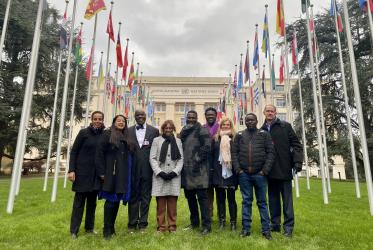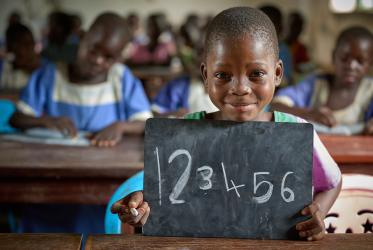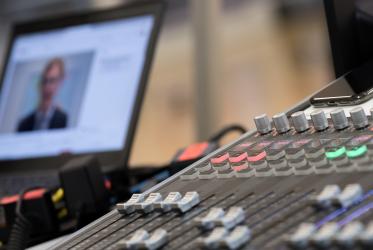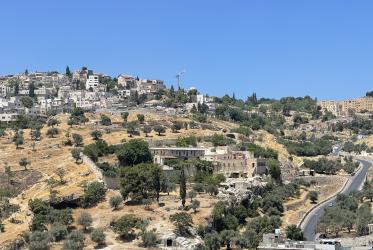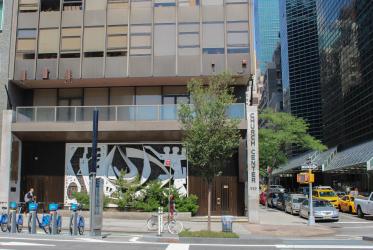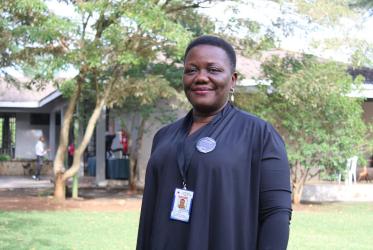Displaying 81 - 100 of 221
As Bethlehem prepares for Christmas, ‘it’s all about community’
08 December 2022
WCC helps churches connect with UN on racial justice issues
09 November 2022
In New York City, the spirit of Thursdays in Black is thriving
06 October 2022
Assembly workshop looked toward ending AIDS epidemic by 2030
19 September 2022
Ukraine: Responding to humanitarian need
08 September 2022
Strengthening Christian Perspectives on Human Dignity and Human Rights
Perspectives from an International Consultative Process
19 August 2022

